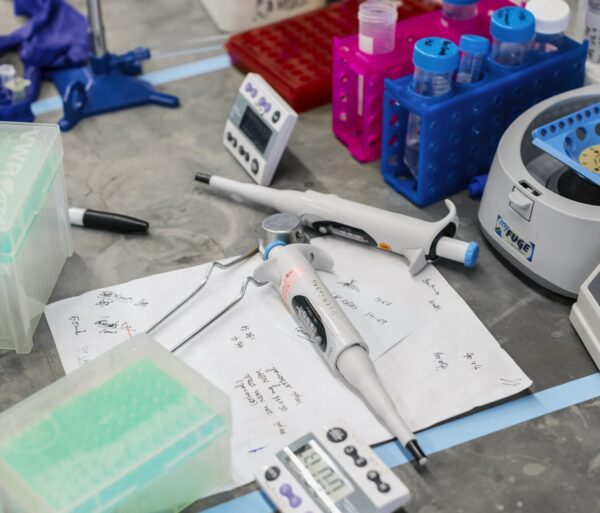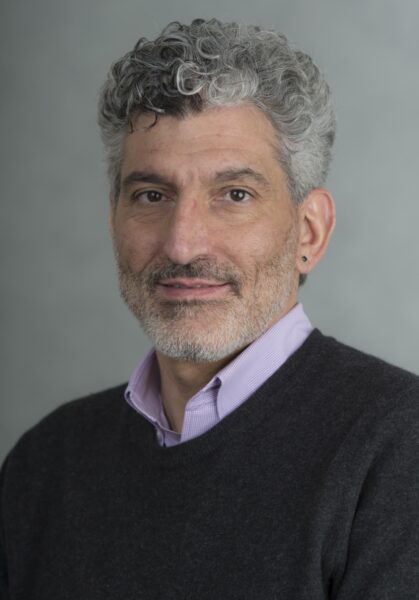
In 2010, Dr. Freedman was awarded the National Science Foundation CAREER award for junior faculty. This award is a 5 year grant in the amount of $950,000.
Humans and other advanced animals are not born with a built in library of meaningful categories, such as “tables” and “chairs,” which we are preprogrammed to recognize. Instead we learn to recognize the meaning of such stimuli through experience. This ability, which is disrupted by a number of brain diseases and conditions such as Alzheimer’s disease, schizophrenia and stroke, is critical because it allows us to respond appropriately to the continuous stream of stimuli and events that we encounter in our interactions with the environment.
While much is known about the encoding of basic visual features (such as contrast, orientation, and motion direction) in early stages of the visual system, much less is known about how the brain learns, stores, recognizes and recalls the meaning of our sensory experiences. With his 2008 Brain Research Foundation Seed Grant, Dr. David J. Freedman conducted research to determine a more detailed understanding of the brain mechanisms of visual learning, memory and recognition.
A greater understanding of visual learning and categorization is important for addressing a number of brain disorders and conditions that leave patients impaired in everyday tasks that require an appropriate response to sensory information. These studies also have particular relevance for understanding and addressing learning disabilities, such as attention deficit disorder and dyslexia, which affect a substantial number of school age children and young adults. The long-term goal of Dr. Freedman’s research is to help guide the next generation of treatments for these brain-based diseases and disorders by helping to develop a detailed understanding of the brain mechanisms that underlie learning, memory and recognition.



